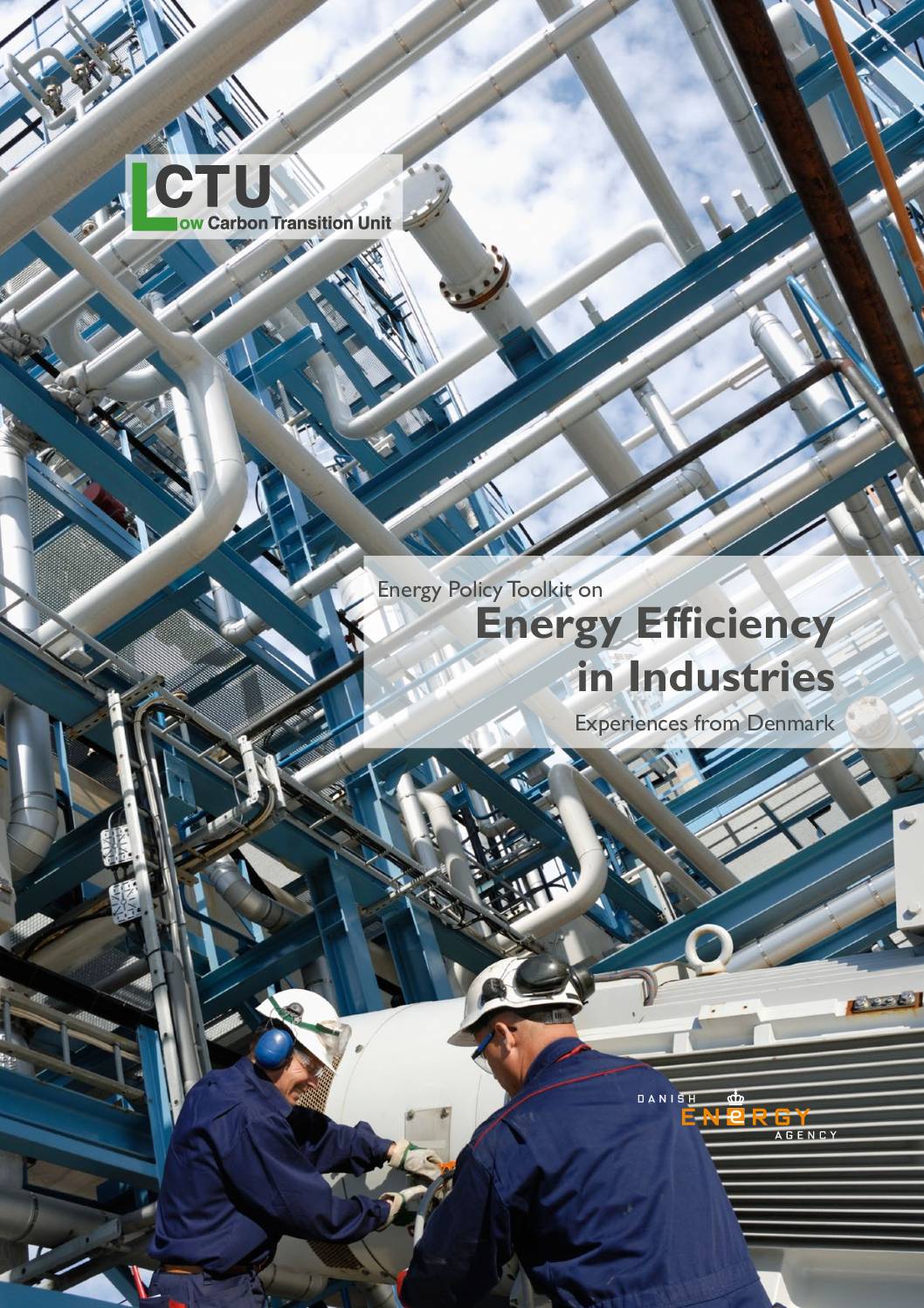Countries around the world face critical energy choices today that may have significant implications for many years to come.
Economic growth and future prosperity are challenged by rapidly increasing energy needs worldwide. The bulk of today’s global energy production is based on unsustainable fossil fuels such as coal, oil and gas. This poses a serious climate threat as well as a threat to the livelihood of future generations and people living in adversely affected regions and countries.
The sustainable alternative to fossil fuels is energy effi-ciency and renewable energy. Strong national strategies to use energy much more efficiently than we do today should be the point of departure. To phase out fossil fuels and increase the production of renewable energy in parallel is another key aspect. Concrete actions by countries as well as international efforts to find solu-tions to mitigate global warming are needed.
Denmark has years of experience in sustainable energy transition. The Danish experiences in promoting energy efficiency and renewable energy could be relevant to countries that wish to make their energy systems more sustainable and less dependent on fossil fuels. Firmly rooted in measures adopted by a broad parliamentary majority Denmark has agreed to a 2020 target entailing:
35% renewable energy in final energy consumption.
› 50% of all electricity consumption supplied by wind power.
› 7.5% reduction in gross energy consumption compared to 2010.
› 40% reduction in greenhouse gas emissions (GHG) compared to 1990.
This is in line with the Danish Government’s long term target of using 100% renewable energy in all sectors by 2050.
Making bad choices with regard to energy mix, timing and scope of investments may lock in expensive energy infrastructure and pollution for decades. Therefore, decisions on energy efficiency aspects should be based on the best available guidance and experiences.
This energy policy toolkit shares Danish knowledge and experiences about handling barriers and improving energy efficiency in the industry. The industrial sec-tor has huge unharnessed energy efficiency potentials and constitutes an opportunity for governments to improve the economy and competitiveness of indus-try. Furthermore, there are opportunities to mitigate climate change and air pollution through reduction in greenhouse gas emissions, as well as making signifi-cant investments in supply side power infrastructure unnecessary.
In order also to see the Danish policy on energy effi-ciency in industries in an international perspective, an article entitled “How policy can drive industrial energy efficiency across the globe” is included in the toolkit, as Annex A. The text is written – on request – by Julia Reinaud, the Institute for Industrial Productivity. It is here pointed out that this toolkit comes at a time when having effective energy efficiency policies in place for the industry sector could not be more important, and that energy efficiency policies do more than just help miti-gate climate change. Improving energy efficiency brings with it a host of benefits to human health and the envi-ronment, generates jobs and drives economic growth. Furthermore, enterprises stand to gain too by saving up to 10-30% of their annual energy use, and increasing their productivity, through better energy management. Thus the massage is that energy efficiency offers a win-win situation for all.
Share this

Sector: Industry
Country / Region: Denmark, Europe
Tags: energy, energy efficiency, fossil energy, industry, renewable energiesKnowledge Object: Publication / Report
Published by: Danish Energy Agency
Publishing year: 2014
Author: Danish Energy Agency
